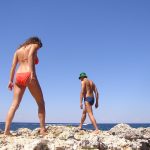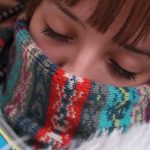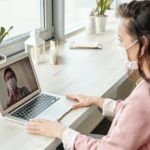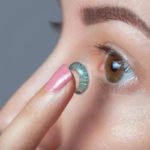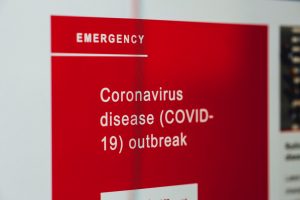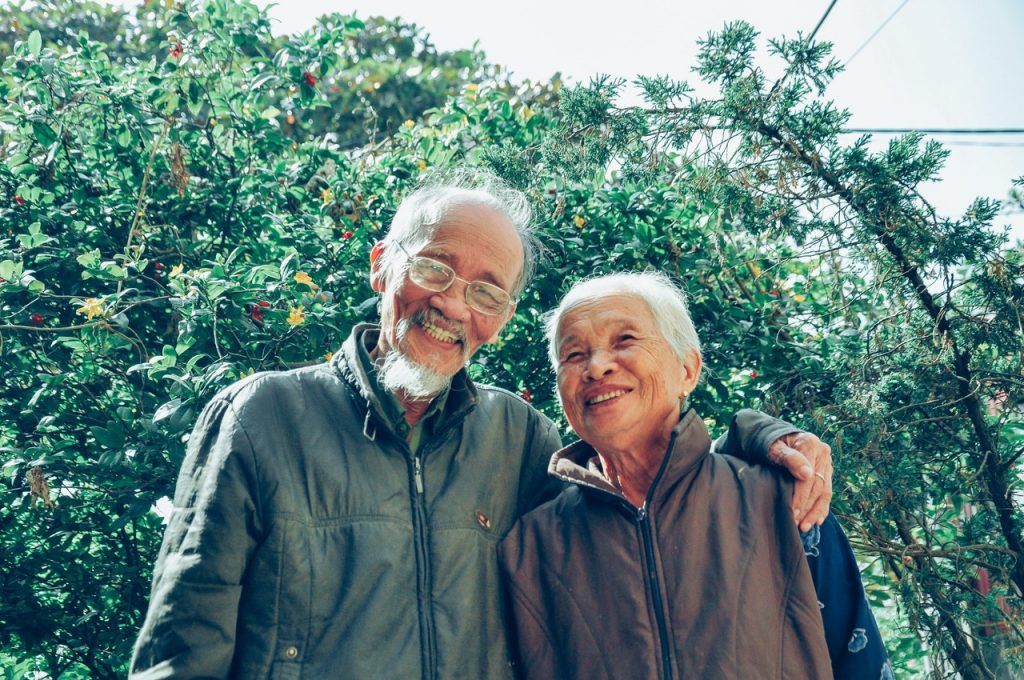
As we age, it is vital to maintain an exercise routine to improve our overall health. Physical activity is essential when it comes to bone health and preventing osteoporosis. Other benefits include improved muscle strength, better coordination and better mental health. This is particularly important as seniors, especially those in aged care facilities and homes, can feel a deep sense of loneliness. Others may have grandchildren that they have to care for and need to be mobile to keep up with them. There is no more of an experienced nanny than a grandparent, but they must be in good physical shape to provide care. Studies have found that exercise is one of the best ways to prevent osteoporosis as we age. This is because exercise helps to encourage bone density and general well-being. To reap the benefits that exercise provides, individuals are encouraged to throw on a comfortable pair of basketball shorts and sneakers and get moving.
Falls are a major concern for the elderly. In fact, falls are the main cause of disability and decreased mobility for seniors. More than one-third of all people aged over 65 will experience a moderate or serious fall each year. These accidents can cause a wide range of injuries and complications including fractures and even cognitive impairment. This can cause irreversible consequences for the health, social life and mental and emotional health of an elderly person. Often, if an elderly individual has a fall, their health and capability to perform everyday activities and routines can rapidly degenerate as they lose confidence. To encourage seniors to participate in activities and give them increased confidence, elderly fall prevention devices are essential to improve the quality of life and the level of care.
Exercise holds more benefits for seniors than just preventing osteoporosis. In the age of Coronavirus, the elderly are extremely susceptible to becoming lonely and isolated. Incorporating some level of exercise into their daily routine can be helpful in overcoming these challenges. Physical activity has proven to be beneficial to the mental health of individuals. Previous studies conducted in the United States have found that people who exercised on a regular basis had 1.5 fewer days of poor mental health during the span of one month. Other studies have indicated that physical activity can vastly reduce stress and anxiety. In the current climate of lockdowns, social distancing and restrictions, it is now more vital than ever that stress is limited. COVID-19 has brought unprecedented circumstances and has generated feelings of unease and uncertainty for what the future may hold. It is for this reason that the elderly should incorporate some level of activity into their daily routine in an effort to limit the stress and sadness that the Coronavirus crisis has created.
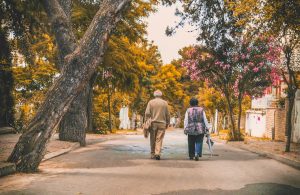
There are many forms of exercise in which the elderly can socially distance themselves from others in a bid to refrain from becoming infected by the Coronavirus. Walking is the number one recommended form of exercise for seniors. This is due to the notion that this form of physical activity is low impact and does not present a high risk of injury. If a particularly fragile individual is wanting to get moving, or if they are highly susceptible to falls, fall prevention equipment is fantastic to utilise to overcome any challenges. Walkers and railings are helpful to assist in mobility and ease of movement. These types of equipment can also help to offer independence back to those who would otherwise be heavily reliant on others for assistance.
Another crucial element in preventing osteoporosis as we age in to ensure that we receive enough calcium and vitamin D. Calcium is a mineral found in many foods such as dairy products like milk, yoghurt and cheese, as well as vegetables like broccoli and kale. Calcium is vital to overall bone help and is imperative in fighting osteoporosis. The mineral is also essential for other bodily functions such as carrying messages through nerves from the brain and maintaining healthy muscles. For adults aged 71 and over, the daily recommended intake of calcium is 1, 200 mg. Sometimes it is difficult to reach this amount, especially if an individual is experiencing reduced appetite. There are many supplements available on the market, however, which can help to boost daily calcium intake.
Additionally, vitamin D is imperative for healthy bones and preventing osteoporosis. It is estimated by the Australian Bureau of Statistics that around one in four Australians are deficient in vitamin D. This statistic is quite worrying. Like calcium supplements, there are also many vitamin D supplements on the market to prevent vitamin D deficiency. Vitamin D actually assists in the absorption of calcium, therefore it is recommended that individuals aged between 51-70 receive a daily intake of 15 mcg and adults over 70 receive a daily intake of 20 mcg. There are a variety of ways to reach this recommended intake including through foods such as salmon, trout and mushrooms. Sun exposure is also essential in making sure that individuals get enough vitamin D. Heath experts recommend between 5-30 minutes of sun exposure twice a week. This should occur between 10 am and 3 pm. The face, legs and arms should be exposed without sunscreen as a barrier for vitamin D synthesis. It is important not to go out for long periods in the sun without sunscreen, however, as this can cause skin cancer.
Vitamin D intake may be difficult during the current climate as the elderly are encouraged to stay inside to refrain from contracting COVID-19. Seniors should still partake in daily activity, however, as it is vital to overall health and well-being. Walking at a safe distance from others in an open outdoor space is the best way to exercise while remaining cautious and aware of the virus. By going for daily walks outdoors, vitamin D intake will be increased. Combined with receiving the recommended daily intake of calcium, this can prevent osteoporosis. Furthermore, exercise will help the mental health of individuals during these challenging, stressful and unprecedented times. Specialised equipment can be used to engage seniors in exercise if they lack confidence or mobility. A balanced lifestyle including proper nutrition and daily exercise can help to prevent osteoporosis. While team sports are discouraged to enforce social distancing measure, individual exercise is the best way to live a happy, fulfilling and joyful life despite the current circumstances across the world. So if you are a live in nanny for your grandchildren, are living in an aged care home or are a happy retiree, bone health is something that should be a priority.


